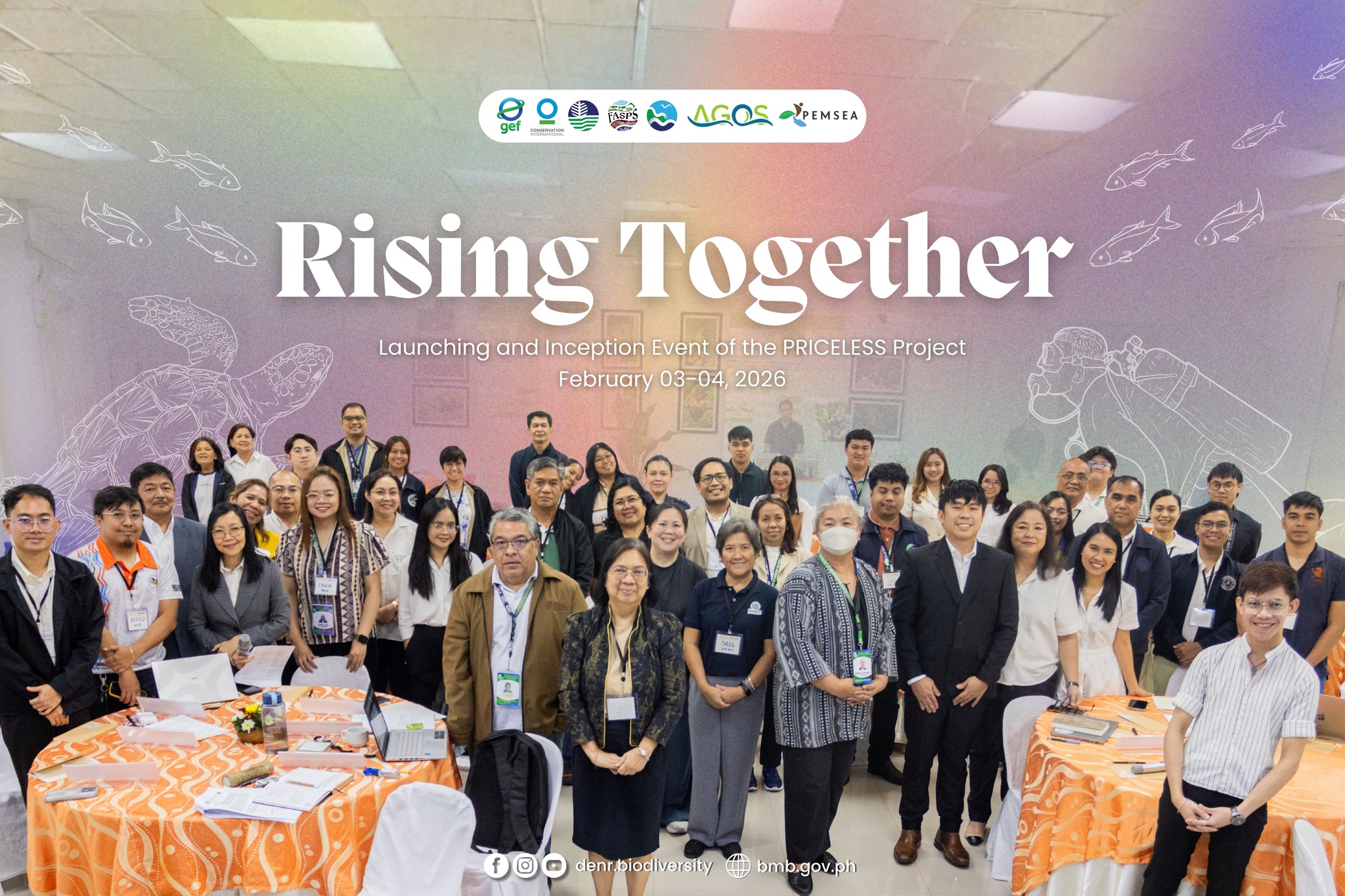Mass Bleaching and Climate Change Imperiling Coral Reefs Worldwide
Wednesday, 23 January 2008

Lady Elliot Island, Australia — The global extent of the 1997-1998 mass bleaching event, destroying 16 percent of the world's coral reefs, have fuelled scientific curiosity about the causes of mass bleaching and the implications of these events for future coral reef condition. It has been established that mass bleaching events are caused primarily by increased sea temperatures. Bleached corals can survive if stressful conditions subside soon enough. However, if stresses are severe or persistent, these may cause as much as 90 percent mortality in corals.Scientists believe that the tropical seas will continue to warm over the coming decades, which poses serious challenges to coral reef managers. Efforts are increasing to develop strategies to directly address the threats of coral bleaching. The Workshop for Coral Reef Managers: Responding to Mass Coral Bleaching and Climate Change was convened to discuss practical steps in responding to mass bleaching events and to support coral reef resilience to climate change. Twenty-three coral reef managers from Australia, Indonesia, Malaysia, Philippines, Thailand and USA attended the workshop held in Lady Elliot Island, Southern Great Barrier Reef, Australia, on 29 July-3 August. The workshop was jointly organized by the Great Barrier Reef Marine Park Authority, the National Oceanic and Atmospheric Administration (NOAA) and the World Bank/Global Environment Fund Coral Reef Targeted Research Project. The training workshop consisted of presentations, interactive discussions and exercises and in-water field activities based on the recent publication A Reef Manager's Guide to Coral Bleaching.The concept of reef resilience, considered as the capacity of the coral community to resist, survive and recover after recurrent bleaching events, and its integration into reef management was one of the major focus of the discussions. The experiences in the Great Barrier Reef as well as efforts in Key West, Florida, USA, provided concrete examples on how strategies to support reef resilience can be implemented. While marine protected areas (MPAs) are used to manage direct threats to coral reefs, it was recognized that overall reef management should be integrated into a broader management framework, such as integrated coastal management (ICM), to address indirect threats to reefs that are carried out beyond the boundaries of the MPA. PEMSEA's efforts on ICM implementation in the East Asian Seas Region were recognized during the workshop as a good opportunity to enhance reef management, particularly in ICM sites where MPAs exist.




